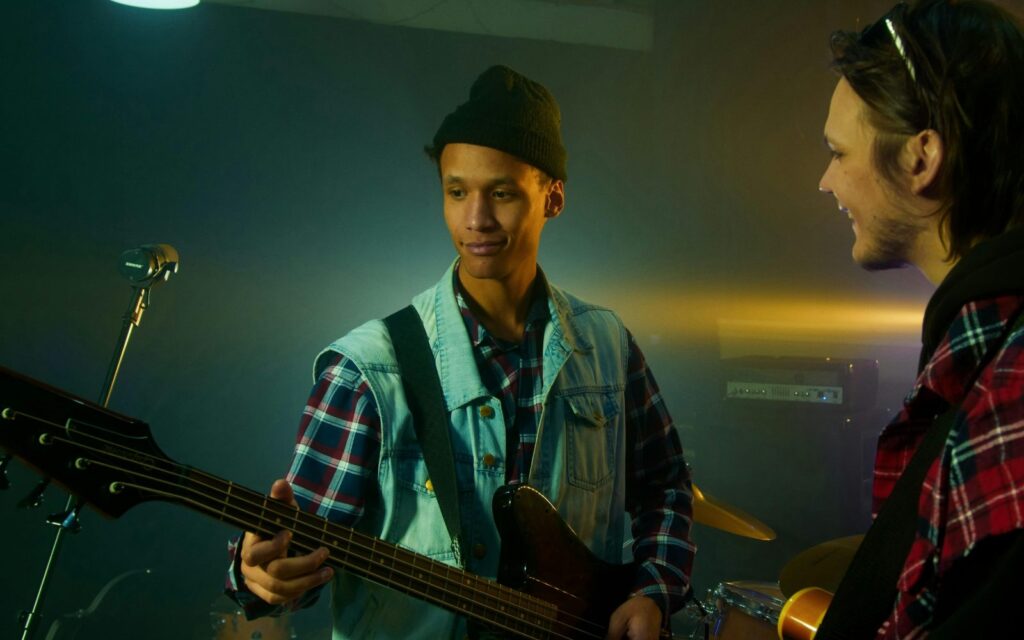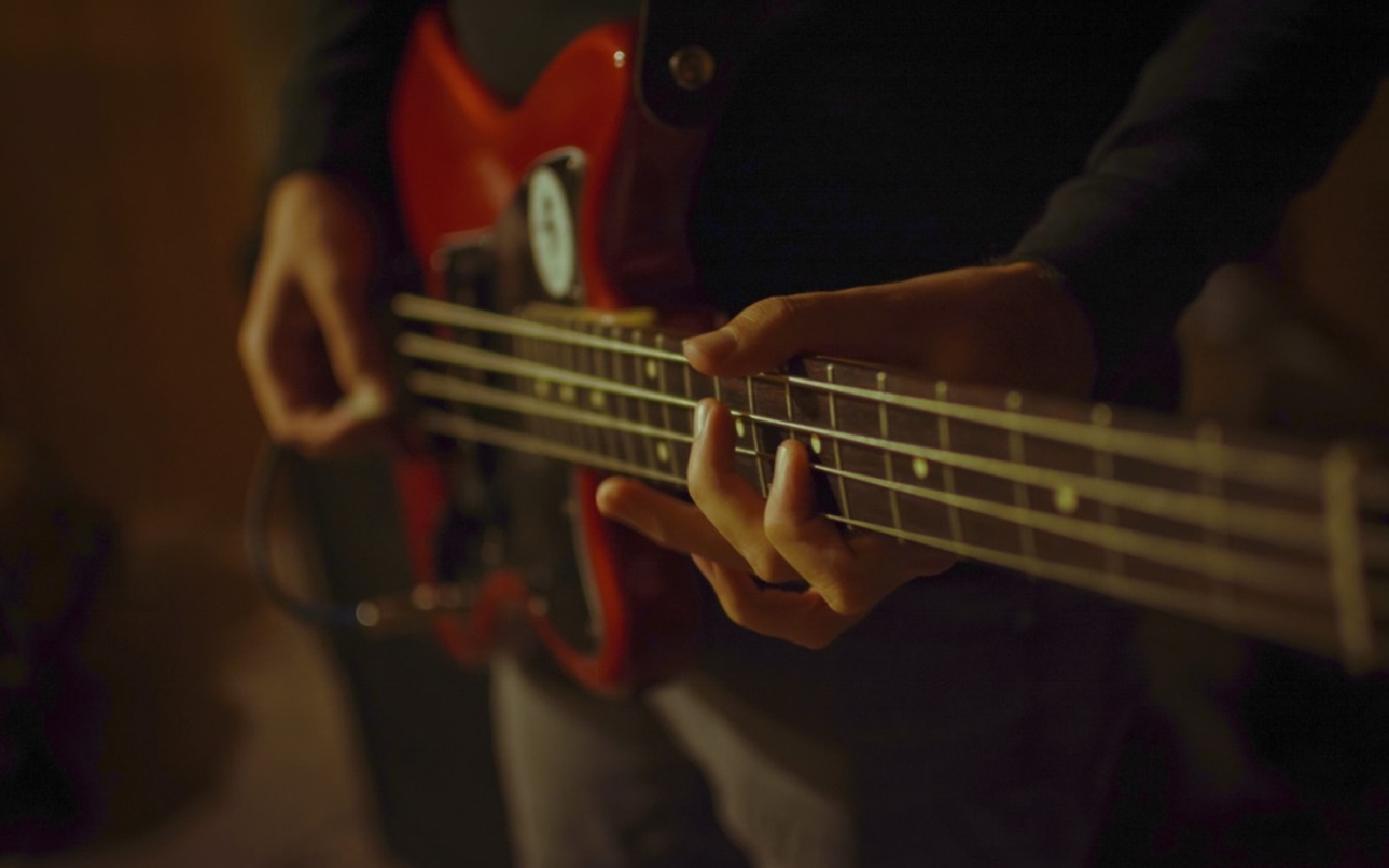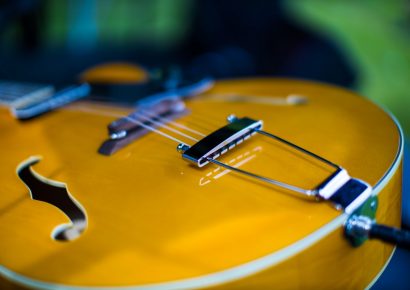Streamline your rehearsal methods with these top tips.
Bass guitar has an odd reputation as an instrument that easier to play than others, often relegated to a friend who can’t play anything else. The make or break for a good band, however, is the bass guitar. Many musicians cruise along doing whatever and just working on things here and there, and often get frustrated at a lack of progress and wonder why they aren’t improving. We all know there aren’t any real shortcuts when it comes to improving as a musician, but here are three great ideas that can help focus your playing and get quicker results.
1. Get some structure
I’m all for digging deep musically and diving between as many styles as you like. However, sustained practice on a single area is one of the best ways to really achieve results.
Read all the latest features, columns and more here.
This might include making a list with some practice topics and keeping track of your playing and time spent learning, while for others, it could be just playing the instrument for at least 20 minutes each day. Whatever it is, actually writing down this structure and making a plan can be enough to keep it relevant and in your mind.
2. Get feedback
Yes, listening to yourself playing is good. Unfortunately, really paying attention is often harder than you think. Of course you can hear what you’re doing, but the reality is that it’s really hard to hone in on your technique with great detail whilst physically playing the instrument.
‘Feels and Reals’ is a term used in some sports coaching to differentiate between the ‘feel’ of what you’re doing and you are ‘really’ doing. Plus, as soon as you’ve played a phrase it’s often gone from your memory.
So, what’s the answer? Record yourself! It sounds so obvious, but how often do you actually record yourself practicing and listen back with a critical ear? Time, articulation, tone – all of these are great to zero in on to hear if you’re sounding how you think you are when you’re playing
It doesn’t need to be a pro level recording DAW setup to get it done: record practice sessions
on your phone, set up a little rig for gigs, rehearsals, whatever. So many great players have done this as a way of analysing their own playing and then refining what they don’t like.
3. Be accountable
A good teacher is quite possibly the best thing you could do for your bass guitar playing. This is someone that can help with the previous two points, as well as giving you relevant material to work on and be someone that can inspire your development.
I still think you can’t beat a dedicated teacher (in person or online) that you see regularly to make you accountable. Hopefully they inspire you to practice and you feel the drive to do the work for yourself. Share ideas with them, rehearse with them, share your practice routine and get them to check in on your progress.
Having the extra push to do the work can make a huge difference. If the end game for you is to improve, put some processes in place to help it really happen!
4. Join a band
This might sound like you’re diving into the deep end and, well—it is. Sometimes a great way to learn is to sink or swim, and we have faith that you’ll swim! While it’s all good and well to practice at home, playing along to songs, you’ll learn really fast once you’re in a room with other musicians, partly because you have to learn quick. The other part is because the focus of your playing shifts from reading off a tab or the page of a music book to reading and vibing with other musicians. You’ll be surprised how quickly you commit the notes and riffs to muscle memory, instead practicing the feel and pocket of a song.
Once you’re vibing and jamming, you’ll also find yourself having the brain capacity to improvise and think about what’s coming next, instead of what’s happening.

5. Take it off the page
If joining a band feels like too much of a jump, that’s okay, but you can begin to use some of these bass guitar skills but working to take your playing off the page. What this means is that, while it’s all good and well to use a tab or sheet music to learn a song, the faster you can learn it enough to not need to read the music, the better. The same skills and rationale apply; you’re working to focus on your playing rather than reading, and again, you can think about groove, feel and timing rather than the correct notes.
Much like diving in head first to a band, taking your playing off the page allows you to actively think about where you’re at and the notes coming up, rather than using half of your attention to read— or flip pages!

